12 Amazing Benefits Of Peaches
Bite into this juicy fruit to boost weight loss, improve your skin, and detoxify your body.
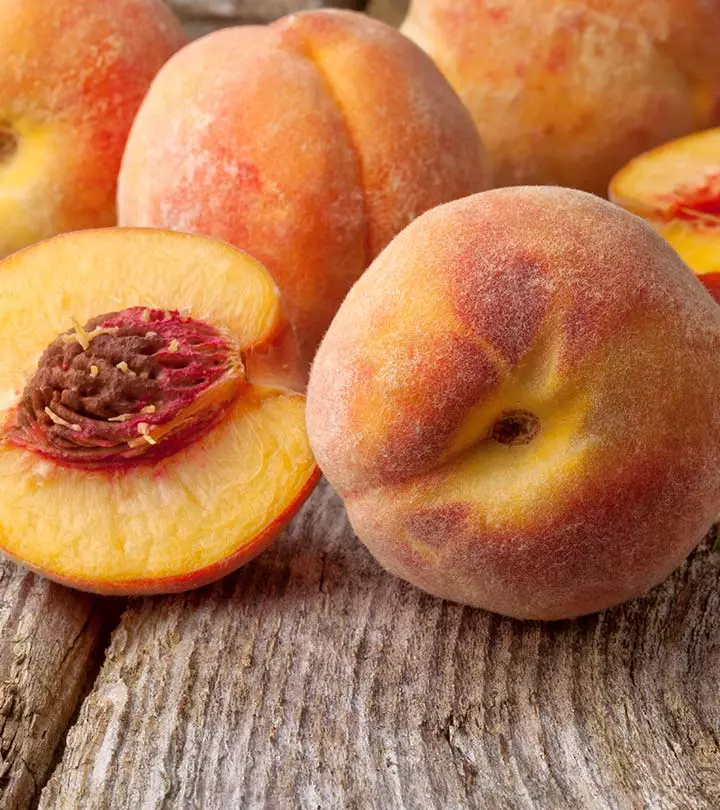
Image: iStock
Peaches are scientifically called Prunus persica and are native to northwest China. Apart from their delicious taste, the benefits of peaches are quite well-known as well. They are rich in nutrients like antioxidants, vitamins A and C, and carotenoids, making them a great choice for anyone looking to stay healthy (1) (2). They may enhance skin health, boost immunity, and promote vision. This article discusses the many other ways peaches can benefit your health. Continue reading to know more.
 Know Your Ingredient: Peach
Know Your Ingredient: Peach- What Is It?: An orange, round, juicy fruit that has a sweet and sour taste.
- What Are Its Benefits?: It may support weight loss, improve heart health, aid in detoxification, and reduce fine lines and wrinkles.
- Who Can Consume It?: Anyone can consume it except people with inflammatory bowel disease.
- How Often?: You can consume 2 to 3 peaches daily.
- Caution: It may cause skin rash, coughing, or vomiting in some people.
In This Article
18 Amazing Benefits Of Peaches
Are Peaches Good For You?
In addition to being beautiful, fragrant, and delicious, peaches possess an impressive assortment of nutrients to support good health, including vitamins, minerals, antioxidants, and bioflavonoids.
Key Takeaways
- Peaches are rich in fiber that helps increase satiety and aids in weight loss. They contain caffeic acid that may lower the risk of breast and colon cancers.
- Peaches have vitamins A and C that reduce wrinkles, protect against UV rays, prevent premature skin aging, and improve skin texture.
- They contain folic acid, a source of nutrition both for the mother and unborn child.
- The high fiber content in peaches may cause constipation.
Health Benefits Of Peaches
Besides its refreshing taste and aroma, peaches benefit your health in many ways. They are rich in many essential nutrients that offer a variety of health benefits. Check out here some of the best peach fruit benefits.
1. Peaches Are Rich In Antioxidants
There wouldn’t be a soul in this modern world who wouldn’t have heard of antioxidants. And peaches are replete with these. As per a Brazilian study, peaches could be great sources of antioxidants. They also contain chlorogenic acid, another potent antioxidant that has health-promoting advantages (1).
Peaches also contain phenolic compounds, which, as per another study, contribute to the fruit’s antioxidant activity greater than vitamin C or carotenoids (2).
Peaches are also rich in other antioxidants like lutein, zeaxanthin, and beta-cryptoxanthin – all of which play important roles in healthy aging and disease prevention (3).
2. Aid Weight Loss
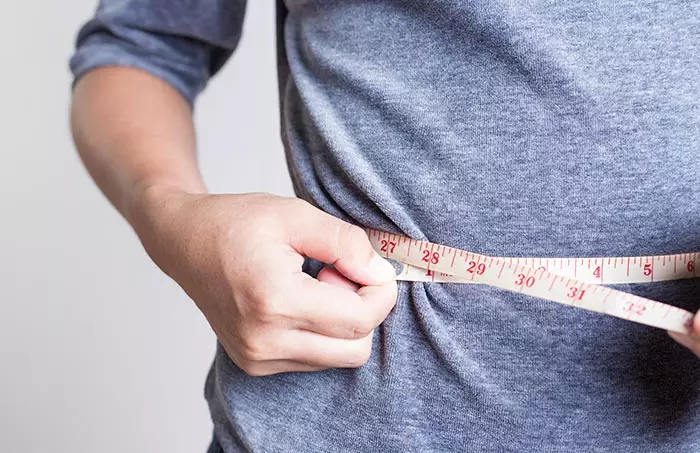
As per a report published by the Centers for Disease Control and Prevention, starting the day right goes a long way in helping one lose weight. One of the ways of doing that is to reduce the amount of cereal and make room for some fruits like peaches – this helps one feel full and consume fewer calories (4).
Peaches are also good sources of fiber, and fiber, as we know, promotes satiety and contributes to weight loss (5). An American study states that including dietary fiber with fruits could be a critical step in curbing the obesity epidemic (6). In fact, something as simple as consuming 30 grams of fiber a day can contribute to weight loss in a big way. It also helps curb the other undesirables like high cholesterol, blood pressure, and blood sugar. Fiber intake has numerous other benefits too (7).
Fiber intake has received so much attention in the recent years. One report published by the University of Massachusetts Medical School has stated fiber intake as the one simple change that can be effective when it comes to diet (8). As per the report, including fiber in the diet could be a reasonable alternative for those individuals who find it hard to adhere to a complicated diet.
3. Help Prevent Cancer
Cancer is a killer. Oh yes, medical technology has advanced, and the treatments are far more successful – still, preventing the dreaded disease is as important. And one of the ways to do so is by consuming peaches.
One American study states that the polyphenols found in peaches can inhibit the multiplication of breast cancer cells (9). The same was observed in the case of human colon cancer cells (10).
Peaches also contain another compound called caffeic acid, which, as per a Swedish study, offers protection against breast and colon cancers by reducing the cancer growth (11), (12). And in yet another study, the peach compounds inhibited not only the growth of breast cancer cells but also the secondary growths in the lungs (13). The two major components responsible for this anti-cancer property of peaches are chlorogenic and neochlorogenic acids – these help kill the cancer cells without affecting the healthy ones (14).
4. Peaches Benefit The Skin
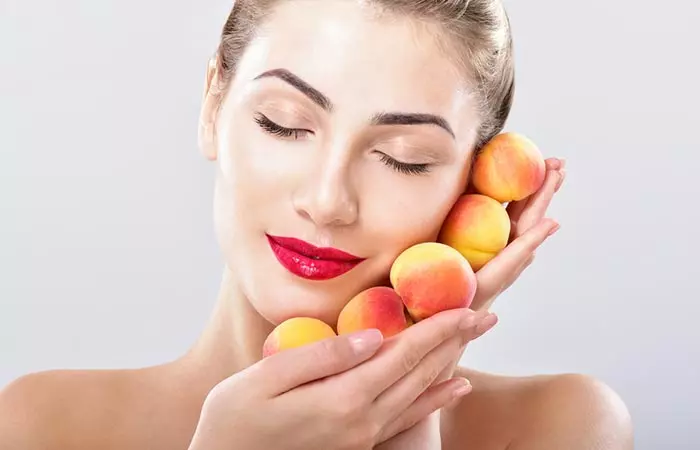
Peaches, as we already discussed, are rich in vitamin A, which promotes skin health (15). The fruit also adds color to your complexion (16).
The vitamin C in peaches also helps in this regard. It is a superb antioxidant that can help reduce wrinkles, improve skin texture, and protect the skin from the sun and pollution (17).
The vitamin can also make corrections to the severe structural changes to the skin that occur as a result of the aging process. A study published in BMC Dermatology investigated the effects of topically applied vitamin C on the density of dermal papillae in aged human skin using confocal laser scanning microscopy (CLSM). Researchers measured the papillary index across different age groups and examined the impact of a 3% vitamin C cream applied daily for four months on the volar forearm of 33 women. Results showed a significant age-related decline in dermal papillae density, but topical vitamin C notably increased their density from the fourth week onward, outperforming the carrier cream. These findings suggest that vitamin C may enhance dermal papillae density through angiogenesis (19).
5. Good For The Heart
Peaches contain a unique combination of bioactive compounds that reduce the risk of cardiovascular disease. According to a study, replacing sugary drinks with fresh fruit juice rich in polyphenols (like peaches) can help lower the cardiovascular risk factors (20).
The fiber, vitamin C, and potassium in peaches also support heart health.
Peaches are rich in polyphenols, the main sources of antioxidants and vitamin C which help prevent oxidative stress and improve heart health. This graph compares the polyphenol content in peaches of different breeds and different flesh color by their mesocarp and exocarp and demonstrates that red peaches have the highest polyphenolic content in exocarp.

Total Phenolic Concentration In Peaches
Source: Determination of Biochemical Composition in Peach (Prunus persica L. Batsch) Accessions Characterized by Different Flesh Color and Textural TypologiesPeaches are also one of the important components of the much-acclaimed DASH diet – which is focused on reducing hypertensioni High blood pressure; a reading of over 140/90 indicates that the force of blood flow against the artery walls is past normal. (21).
 Did You Know?
Did You Know?6. Promotes Digestive Health
The dietary fiber in peaches helps regulate and improve digestion
(22) (23). And in addition to being good for digestion, the fruit also acts as a diuretic – it helps cleanse your kidneys and the bladder (24).
7. Good For The Eyes

The presence of antioxidant phytonutrients like lutein and zeaxanthin make the fruit ideal for eye health (25). Another study states that the two phytonutrients protect the eye from potential damage caused by light striking the retina (26). Lutein has also been found to lower the risk of developing common age-related eye diseases (27).
Lutein and zeaxanthin are also instrumental in protecting the macula, ultimately preventing the incidence of age-related macular degenerationi A condition of the eyes that affects a portion of the retina and causes loss of vision or blurriness. (27). As per one study, people suffering from age-related macular degeneration, who consumed lutein alone or with other antioxidants, experienced less vision loss (28).
8. Peaches Detoxify Your System
Detoxification is something that doesn’t receive much attention. But, it is as important as anything else you undertake to keep yourself healthy. According to a report published by the University of Minnesota, peaches contain vitamins A, C, and E and selenium – all of which act as antioxidants and aid detoxification (22) (29).
9. Peaches Have Anti-Aging Properties
One of the best beauty benefits of peaches. Peaches possess health-boosting flavonoidsi A class of natural plant metabolites with antioxidant and cell signaling actions that may benefit health. that help slow down aging as well (30). A South Korean study also likens the consumption of vitamin C to anti-aging effects. The study, published in Age (Dordr), investigated the anti-aging effects of vitamin C on human pluripotent stem cell-derived cardiomyocytes (hPSC-CMs) as an alternative model for studying heart cell aging. When 100 μM of vitamin C was applied for 48 hours, it mitigated some aging effects, particularly by preserving telomere-related gene expression. These findings suggest that vitamin C may have cardioprotective anti-aging benefits (31).
10. Help Reduce Stress

As per a report published by the University of Kentucky, peaches act as good stress relievers. They also help reduce anxiety (32). In fact, peach is called the ‘fruit of calmness’ in Hungary.
11. Promote Brain Health
Peaches are good sources of folate that promotes brain health (33).
12. Is Beneficial During Pregnancy

Wondering, what are the benefits of peaches during pregnancy? Well, peaches are a nutritional powerhouse and a great way to take care of the nutrient needs of you and your baby.
During pregnancy, the related hormones can slow down the movement of your intestines. This can lead to constipation. Peaches, being rich in fiber, can help solve this issue (34).
Peaches are also rich in folic acid that is crucial for the development of a healthy baby. It helps prevent serious birth defects (35).
Anecdotal evidence suggests that the intake of peaches may help improve immune system function as it contains ample amount of Vitamin C.
Peach Nutrition Facts
Check out here the nutritional value of peaches in detail.
NUTRITION FACTSServing Size 175g | |||||
| Amounts per serving | |||||
| Calories 68 | Calories from Fat 4 | ||||
| %Daily Value** | |||||
| Total Fat | 0g | 1% | |||
| Saturated Fat | 0g | 0% | |||
| Trans Fat | |||||
| Cholesterol | 0mg | 0% | |||
| Sodium | 0mg | 0% | |||
| Total Carbohydrate | 17g | 6% | |||
| Dietary Fiber | 3g | 10% | |||
| Sugars | 15g | ||||
| Protein | 2g | ||||
| Vitamin A | 11% | ||||
| Vitamin C | 19% | ||||
| Calcium | 1% | ||||
| Iron | 2% | ||||
| Your daily values may be higher or lower depending on your calorie needs | |||||
How To Eat A Peach
Here are a few ways you can include peaches in your diet:
- You can add peach slices to hot or cold cereals, oatmeal, or yogurt. This will make for a peachy breakfast!
- You can toss fresh (or frozen) peaches into a blender with some milk. You can also add bananas and ice. A delicious smoothie is on the way!
- Add some fresh or frozen peaches at the bottom of the tumbler before pouring your everyday morning beverage.
- For a delicious snack, warm a few peach slices and add a little cinnamon. Post which you can include it in your meal.
- Add a chopped peach to salads for a refreshing twist.
- Grill peaches and top with honey and nuts or pair with yogurt for a delicious dessert.
And now, for some recipes …
Peach Recipes
1. Creamy Vegan Peach Ice Cream
What You Need
- 5 ml each of sweetened and unsweetened coconut milk
- ½ cup of granulated sugar
- 1 teaspoon of pure vanilla extract
- A pinch of salt
- 2 to 3 medium-sized ripe peaches
Directions
- Keeping the peaches aside, combine the remaining ingredients in a mixing bowl.
- Whisk to blend.
- Stir in the peaches gently.
- Pour the mixture into your ice cream freezer.
- Freeze until it achieves an ice cream-like consistency.
- Scoop and serve.
2. Strawberry Peach Green Smoothie
What You Need
- 1 cup of chopped peaches
- 1 cup of whole strawberries and ½ cup of sliced ones
- 2 cups of Swiss chard of spinach
- ½ cup of clean water
Directions
- In your blender, layer the peaches, strawberries, and greens.
- Cover all the ingredients with clean water.
- Blend until smooth.
- Pour into a glass and enjoy.
- Peach Berry Crumble
What You Need
- 1 cup of quick-cooking oats
- ½ cup of all-purpose flour
- ½ cup of packed dark brown sugar
- 1 teaspoon of cinnamon
- ½ teaspoon of salt
- 8 tablespoons of unsalted butter
- ¼ cup of sliced almonds
For the filling, you can have the following:
- 4 to 5 ripe peaches
- ½ cup of sugar
- ¼ cup of all-purpose flour
- A pinch of salt
- 1 cup each of fresh blueberries and raspberries
Directions
- Preheat the oven to 175 o Take a pie plate and slightly butter it.
- In a bowl, mix the oats, flour, brown sugar, salt, and cinnamon. Stir in the butter until it is crumbly. Toss in the nuts.
- For the filling, boil a large pot of water. You must also have a large bowl ready filled with ice water. Cut an X into the bottom of the peaches using a sharp knife. Blanch them until their skins begin to wrinkle. Remove them and place them in ice cold water. You can remove the skins with your fingers. Remove the pits and slice the fruit into wedges.
- In another bowl, add the peaches along with sugar, salt, flour, and the berries. Leave it as it is for 5 minutes, and then transfer to the pie plate. Sprinkle with the toppings, place it on a baking sheet, and bake until the topping is golden. This should take about 50 minutes.
- Place it on a wire rack and let it cool. Serve it warm. You can relish it along with vanilla ice cream.
4. Tomato Peach Salad With Basil
What You Need
- 2 cups of fresh basil leaves
- 2 tablespoons of extra virgin olive oil
- Salt
- Freshly ground black pepper
- 4 ripe peaches, cut into wedges
- 4 tomatoes, cut into wedges
- 1 tablespoon of fresh lemon juice
Directions
- Fill a small saucepan with water and bring it to a boil.
- Add the basil leaves to the boiling water and cook for about 15 seconds, or until the leaves wilt and turn bright green.
- Transfer to a blender and puree until smooth.
- While the blender is running, add the olive oil and ¼ teaspoon each of salt and pepper.
- On the serving platter, spread the basil puree. Arrange the peaches and tomatoes on the top.
- Sprinkle lemon juice, ¼ teaspoon of salt, and 1/8 teaspoon of pepper.
- Garnish with whole basil leaves and serve.
 Trivia
TriviaNow you know what to do with a bunch of peaches. But, how do you buy them? And what about the storage?
How To Select And Store Peaches
Selection
- Ensure you smell the fruit before selecting it. A peach must ideally have a pleasingly sweet fragrance as it belongs to the rose family.
- Look for peaches that are creamy gold or yellow. A red peach doesn’t mean it is ripe – it simply means it is of another variety.
- The fruit must be soft to touch. But not mushy. Also, don’t squeeze the peaches as they bruise easily.
Storage
- If it is a firm peach, place it on the counter at room temperature for a few days. It will ripen.
- How to freeze peaches? Refrigerate the ripe peaches immediately and consume them within a week from purchase.
- Add lemon juice to sliced peaches to keep them from darkening.
Peaches may aid in weight loss and improve skin health. However, excess consumption may cause adverse reactions in some people. Find out in the next section.
Side Effects Of Peaches
Some individuals may experience an allergic reaction to peaches, resulting in itching, swelling, or difficulty in breathing (36). Since peaches are high in natural sugars, individuals with diabetes should consume them in moderation to avoid blood sugar spikes. Also, the fuzzy skin of peaches may harbor pesticide residues. Hence, wash them thoroughly or opt for organic varieties. Anecdotal evidence suggests that overconsumption of peaches may also cause stomach discomfort and digestive issues due to their high fiber content. Therefore, practice caution when consuming peaches to avoid these adverse effects.
And now, some frequently asked questions.
Infographic: Best Health Benefits Of Peaches
Including peaches in your daily diet can help improve your health in many ways. Though we have already mentioned all its essential benefits, we discuss the most important ones in the infographic below. Check them out! Illustration: StyleCraze Design Team
Yellow peaches are creamy and flavorful. You can have them in desserts or yogurt or even eat them fresh. Peach benefits can be attributed to their vitamins, minerals, antioxidants, and bioflavonoids. They may contribute to heart, gut, brain, and eye health and may aid in cancer prevention. Since this fruit has low calories, it may help in weight management. They are also good for your skin and may delay the early signs of aging. But though peaches have health-promoting properties, consuming them in excess may cause harm. So consume them in moderation and enjoy their benefits.
Frequently Asked Questions
Can you eat peach skin?
Yes. Peach skin contains a lot of antioxidants. Peeling away the skin might make the fruit less nutritious.
Why are peaches fuzzy?
Though there is no exact reason, some scientists believe that fuzz helps protect the fruit from insects.
Are canned peaches good for me?
Yes. Certain studies say they could be better – in terms of nutrition content (60). However, ensure you don’t buy peaches packed in some syrup, but in their own juice. This helps avoid added sugar.
What is a white peach?
A type of peach, actually. The skin of white peaches is pink. They are lower in acid content and taste sweeter than their counterparts.
Do almonds come from peaches?
No. Almonds come from an almond tree.
What are the benefits of peach tea?
Peach tea is brewed from the fresh or dried leaves or the bark of the peach plant. It possesses several therapeutic properties. It helps strengthen the immunity, aids detoxification, promotes cardiac health, and relieves stress. It has most benefits of peach fruit.
Can diabetics eat peaches?
The low glycemic index value of peaches makes them an excellent choice for people with diabetes (37).
Are peaches a superfood?
Yes. Peaches are rich in a wide variety of vitamins, nutrients, and antioxidants that make them a superfood.
Are peaches good for your hair?
Anecdotal evidence suggests that the nutrients in peaches may help promote healthy hair growth, protect damaged ends, and maintain scalp health. However, research is limited in this regard.
Can I eat peaches at night?
Yes. You can eat peaches at night without any adverse effects.
Do peaches help you sleep?
The magnesium found in peaches helps promote a healthy nervous system which, in turn, improves sleep quality (38), (39).
Illustration: Amazing Benefits Of Peaches
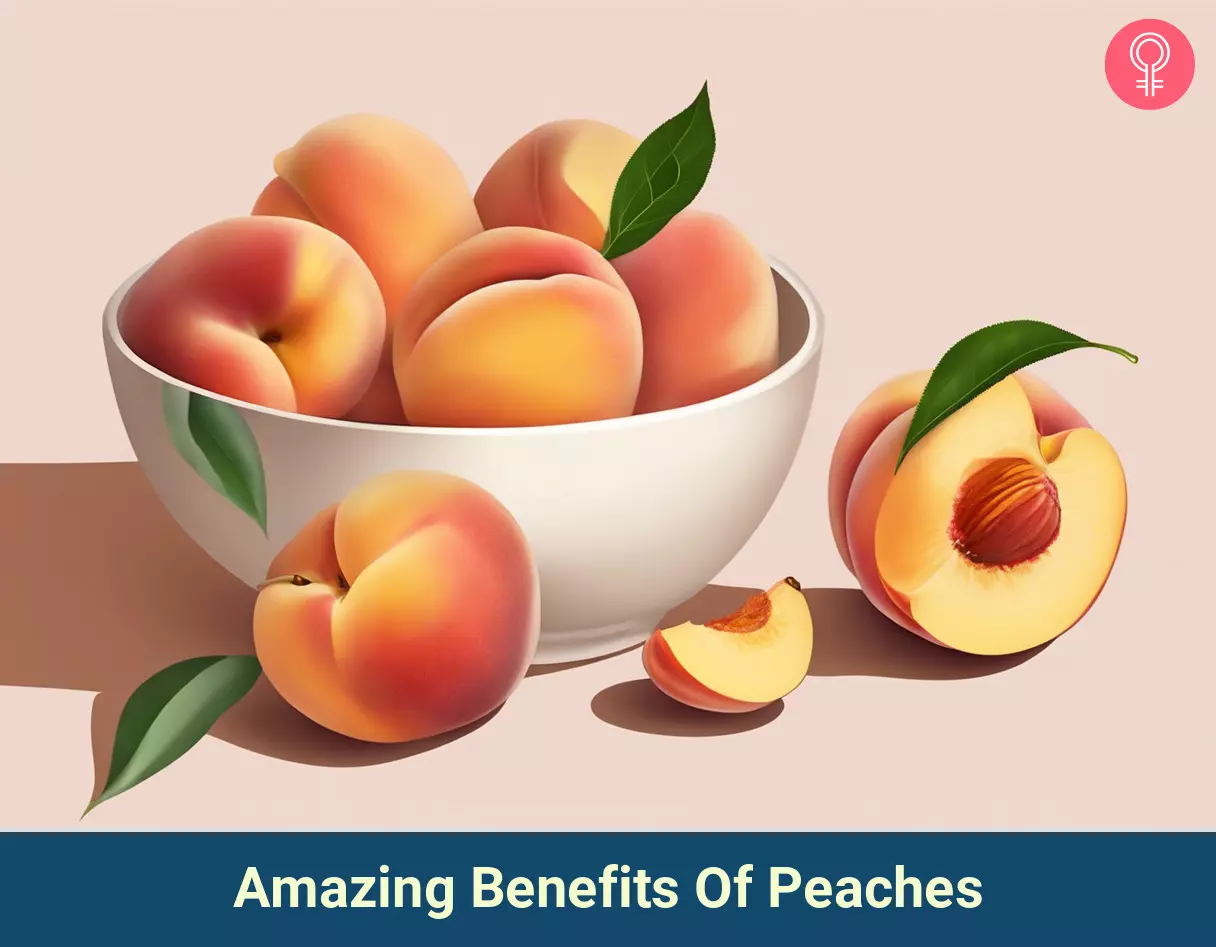
Image: Stable Diffusion/StyleCraze Design Team
Savor the sweetness of knowledge as this delightful video below unveils the top 10 health benefits of peaches. From aiding digestion to enhancing your skin’s radiance, explore how this delectable fruit can nurture your well-being in the long run!
References
Articles on StyleCraze are backed by verified information from peer-reviewed and academic research papers, reputed organizations, research institutions, and medical associations to ensure accuracy and relevance. Read our editorial policy to learn more.
- Antioxidant potential of peels and fleshes of peaches from different cultivars
https://news.uci.edu/2014/02/25/can-kava-cure-cancer/ - Antioxidant capacities, phenolic compounds, carotenoids, and vitamin C contents of nectarine, peach, and plum cultivars from California
https://pubmed.ncbi.nlm.nih.gov/12166993/ - Carotenoid Profiling of Yellow-Flesh Peach Fruit
https://www.ncbi.nlm.nih.gov/pmc/articles/PMC9222759/ - How to Use Fruits and Vegetables to Help Manage Your Weight
https://www.cdc.gov/healthy-weight-growth/healthy-eating/fruits-vegetables.html?CDC_AAref_Val=https://www.cdc.gov/healthyweight/healthy_eating/fruits_vegetables.html - Fiber Intake Predicts Weight Loss and Dietary Adherence in Adults Consuming Calorie-Restricted Diets: The POUNDS Lost (Preventing Overweight Using Novel Dietary Strategies) Study
https://www.ncbi.nlm.nih.gov/pmc/articles/PMC6768815/
- Dietary fiber and body weight
https://pubmed.ncbi.nlm.nih.gov/15797686/ - Making one change — getting more fiber — can help with weight loss
https://www.health.harvard.edu/blog/making-one-change-getting-fiber-can-help-weight-loss-201502177721 - Single-Component Versus Multicomponent Dietary Goals for the Metabolic Syndrome
https://www.acpjournals.org/doi/10.7326/M14-0611 - Polyphenols of selected peach and plum genotypes reduce cell viability and inhibit proliferation of breast cancer cells while not affecting normal cells
https://pubmed.ncbi.nlm.nih.gov/24996346/ - Inhibition of growth and induction of differentiation of colon cancer cells by peach and plum phenolic compounds
https://pubmed.ncbi.nlm.nih.gov/18751377/ - Caffeine and Caffeic Acid Inhibit Growth and Modify Estrogen Receptor and Insulin-like Growth Factor I Receptor Levels in Human Breast Cancer
https://pubmed.ncbi.nlm.nih.gov/25691730/ - Growth inhibition by caffeic acid
one of the phenolic constituents of honey - Polyphenolics from peach (Prunus persica var. Rich Lady) inhibit tumor growth and metastasis of MDA-MB-435 breast cancer cells in vivo
https://www.researchgate.net/publication/260913997_Polyphenolics_from_peach_Prunus_persica_var_Rich_Lady_inhibit_tumor_growth_and_metastasis_of_MDA-MB-435_breast_cancer_cells_in_vivo - Identifying peach and plum polyphenols with chemopreventive potential against estrogen-independent breast cancer cells
https://pubmed.ncbi.nlm.nih.gov/19530711/ - Vitamin A in Skin and Hair: An Update
https://www.ncbi.nlm.nih.gov/pmc/articles/PMC9324272/ - You Are What You Eat: Within-Subject Increases in Fruit and Vegetable Consumption Confer Beneficial Skin-Color Changes
https://www.ncbi.nlm.nih.gov/pmc/articles/PMC3296758/ - The Roles of Vitamin C in Skin Health
https://www.ncbi.nlm.nih.gov/pmc/articles/PMC5579659/ - Topical ascorbic acid on photoaged skin. Clinical
topographical and ultrastructural evaluation: double-blind study vs. placebo - Topically applied vitamin C increases the density of dermal papillae in aged human skin
https://www.ncbi.nlm.nih.gov/pmc/articles/PMC522805/ - Consumption of polyphenol-rich peach and plum juice prevents risk factors for obesity-related metabolic disorders and cardiovascular disease in Zucker rats
https://pubmed.ncbi.nlm.nih.gov/25801980/ - DASH Eating Plan
https://www.nhlbi.nih.gov/education/dash-eating-plan - Peach, raw
https://fdc.nal.usda.gov/fdc-app.html#/food-details/1102677/nutrients - The behavior of dietary fiber in the gastrointestinal tract determines its physiological effect
https://www.tandfonline.com/doi/full/10.1080/10408398.2016.1180501 - Determination of Selected Beneficial Substances in Peach Fruits
https://www.mdpi.com/2071-1050/13/24/14028 - Dietary Sources of Lutein and Zeaxanthin Carotenoids and Their Role in Eye Health
https://www.ncbi.nlm.nih.gov/pmc/articles/PMC3705341/ - Lutein and zeaxanthin in eye and skin health
https://pubmed.ncbi.nlm.nih.gov/19168000/ - Lutein and Zeaxanthin Isomers in Eye Health and Disease
https://pubmed.ncbi.nlm.nih.gov/27431371/ - Effects of lutein supplementation in age-related macular degeneration
https://www.ncbi.nlm.nih.gov/pmc/articles/PMC6936877/ - Free radicals, antioxidants and functional foods: Impact on human health
https://www.ncbi.nlm.nih.gov/pmc/articles/PMC3249911/ - Flavonoids: an overview
https://www.ncbi.nlm.nih.gov/pmc/articles/PMC5465813/ - Anti-aging effects of vitamin C on human pluripotent stem cell-derived cardiomyocytes
https://pubmed.ncbi.nlm.nih.gov/22843416/ - The Effects of Magnesium Supplementation on Subjective Anxiety and Stress—A Systematic Review
https://www.ncbi.nlm.nih.gov/pmc/articles/PMC5452159/ - Neuroprotective Potential of Thinned Peaches Extracts Obtained by Pressurized Liquid Extraction after Different Drying Processes
https://www.ncbi.nlm.nih.gov/pmc/articles/PMC9407205/ - Nutritive quality prediction of peaches during storage
https://www.ncbi.nlm.nih.gov/pmc/articles/PMC8269546/ - Folic Acid: the Vitamin That Helps Prevent Birth Defects
https://www.health.ny.gov/publications/1335/ - [A case of severe asthma and peach allergy that improved with omalizumab therapy: a case report]
https://pubmed.ncbi.nlm.nih.gov/22437731/ - Estimation of glycaemic index of peach palm (Bactris gasipaes) cooked fruits and chips, and pitahaya (Hylocereus spp.) pulp
https://pubmed.ncbi.nlm.nih.gov/24617026/ - Peaches, yellow, raw
https://fdc.nal.usda.gov/fdc-app.html#/food-details/169928/nutrients - The Role of Magnesium in Neurological Disorders
https://www.ncbi.nlm.nih.gov/pmc/articles/PMC6024559/
Read full bio of Dr. Karyn Shanks
Read full bio of Ravi Teja Tadimalla
Read full bio of Arshiya Syeda
Read full bio of Aparna Mallampalli






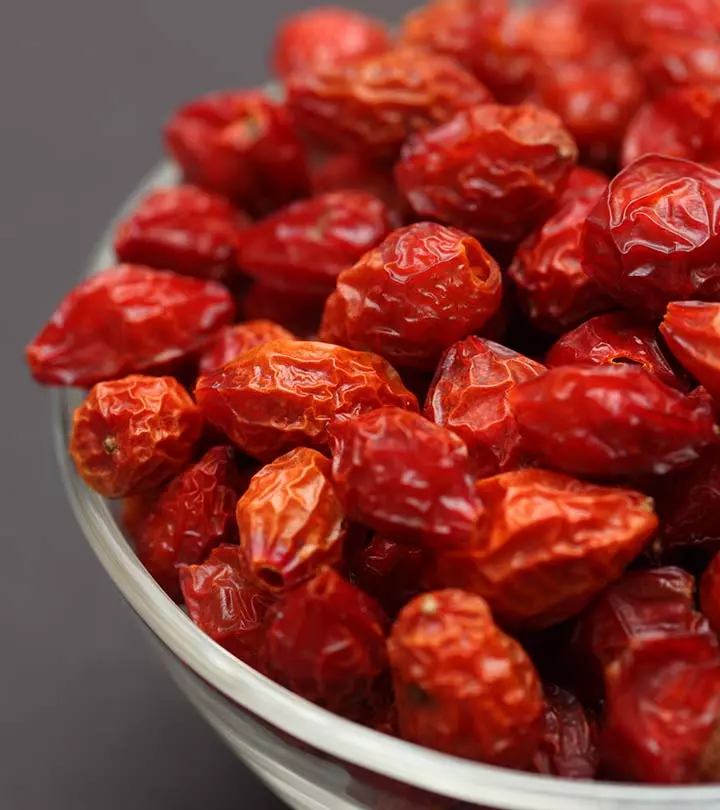
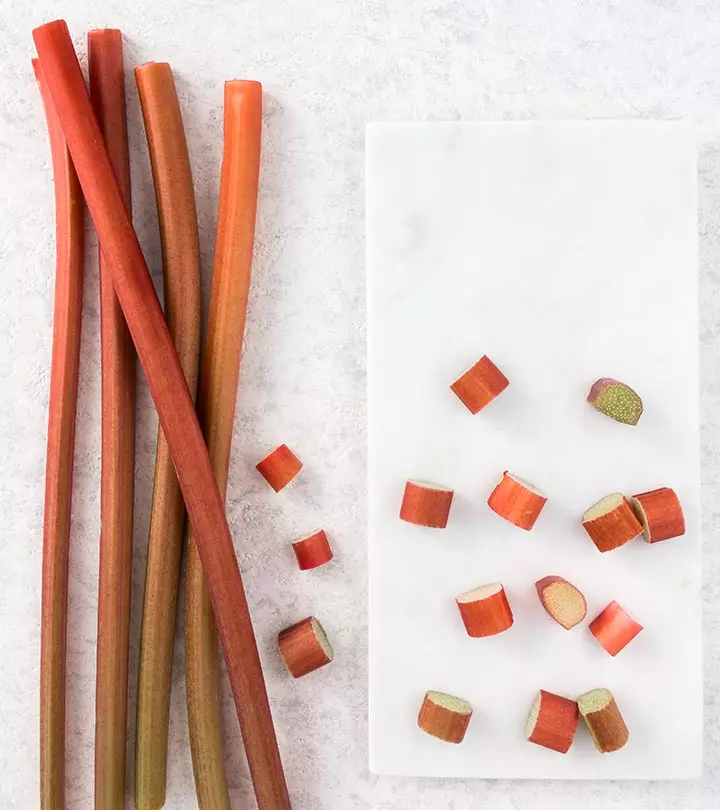
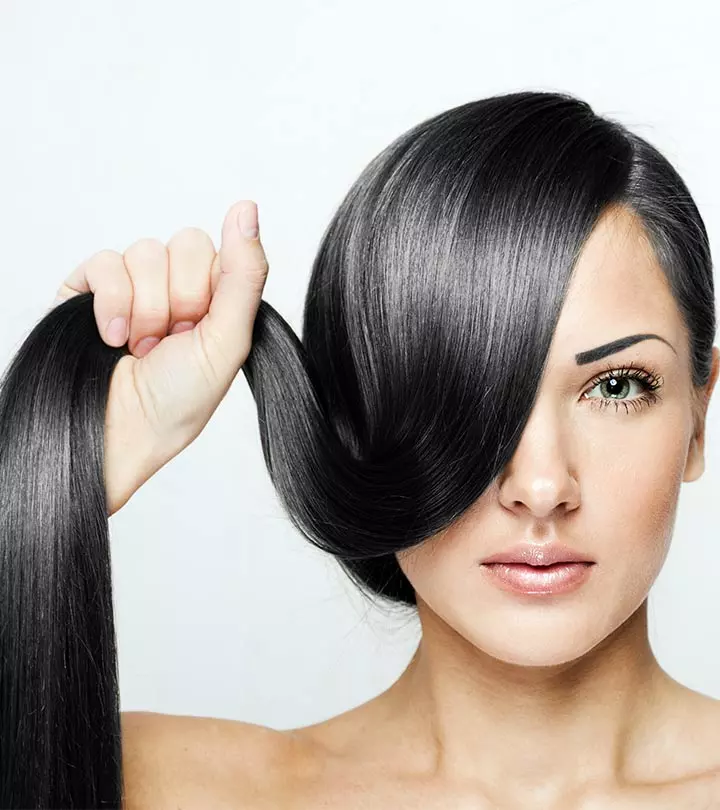
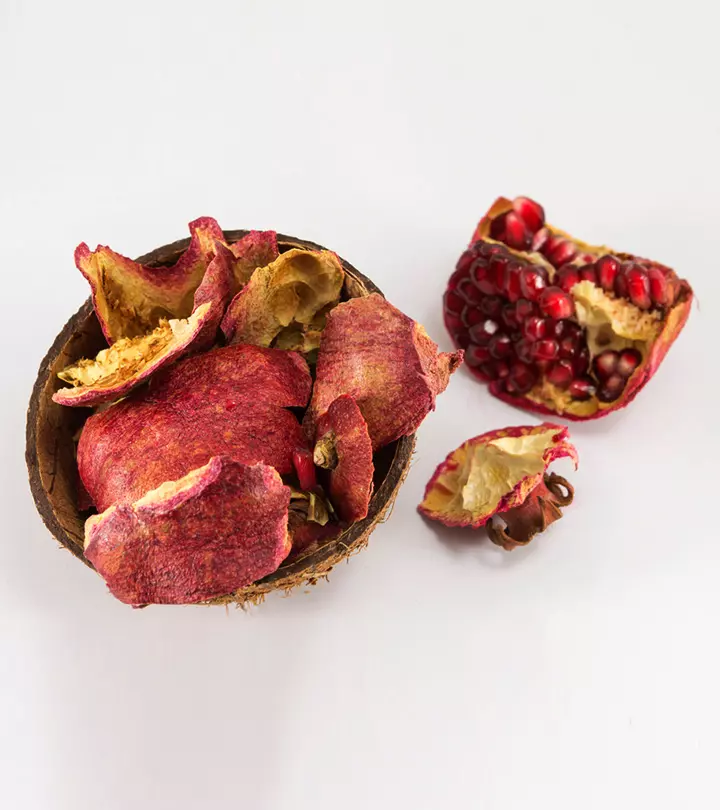
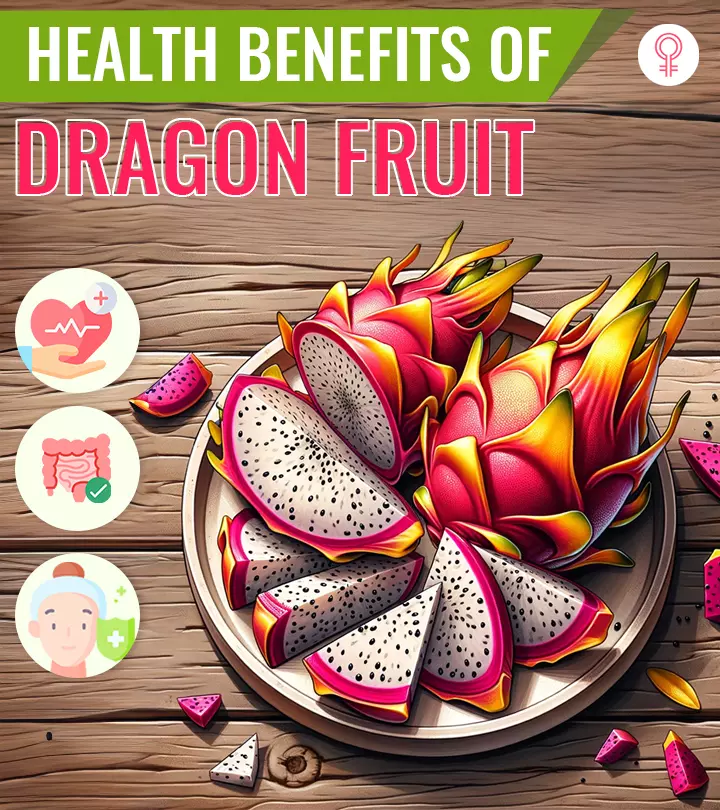
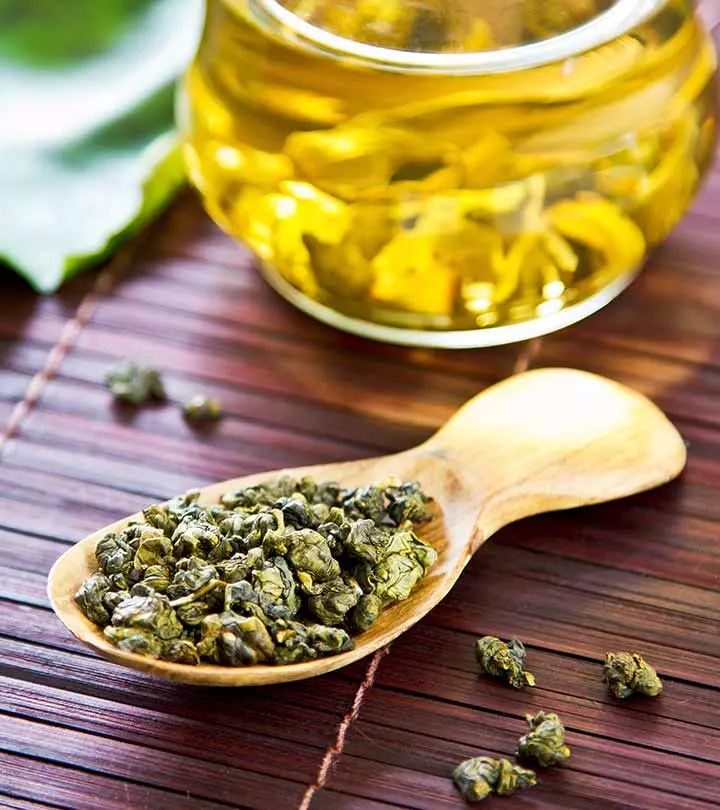
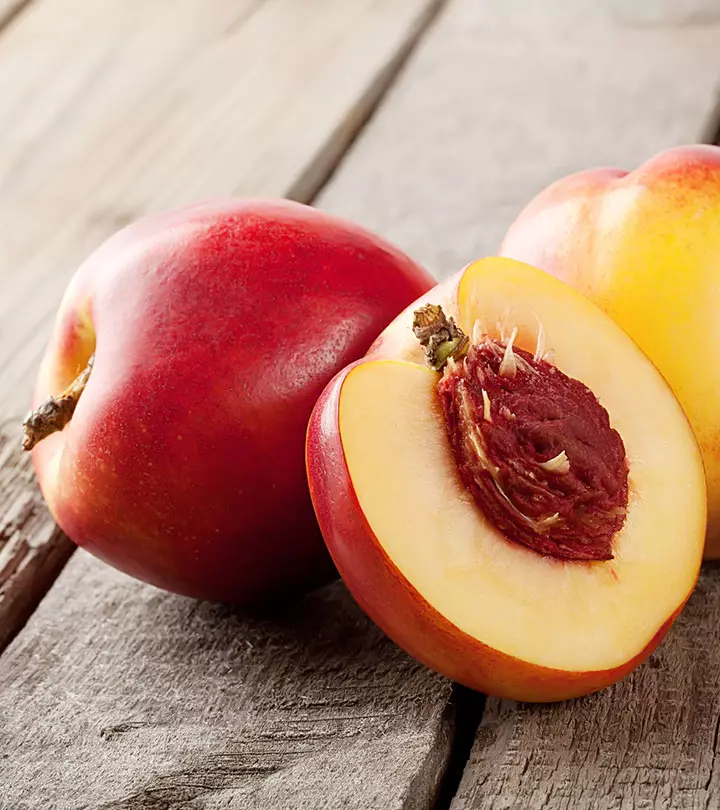
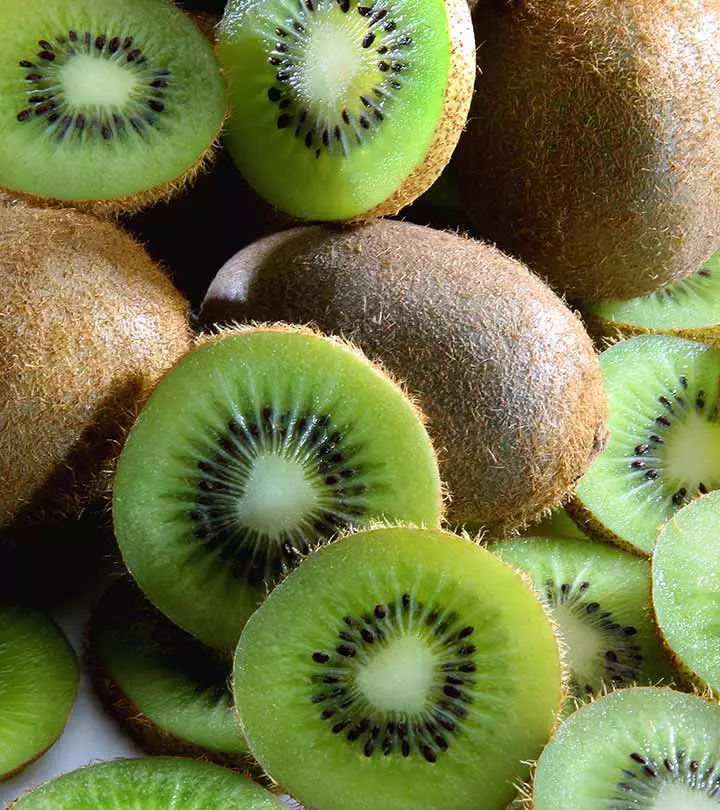
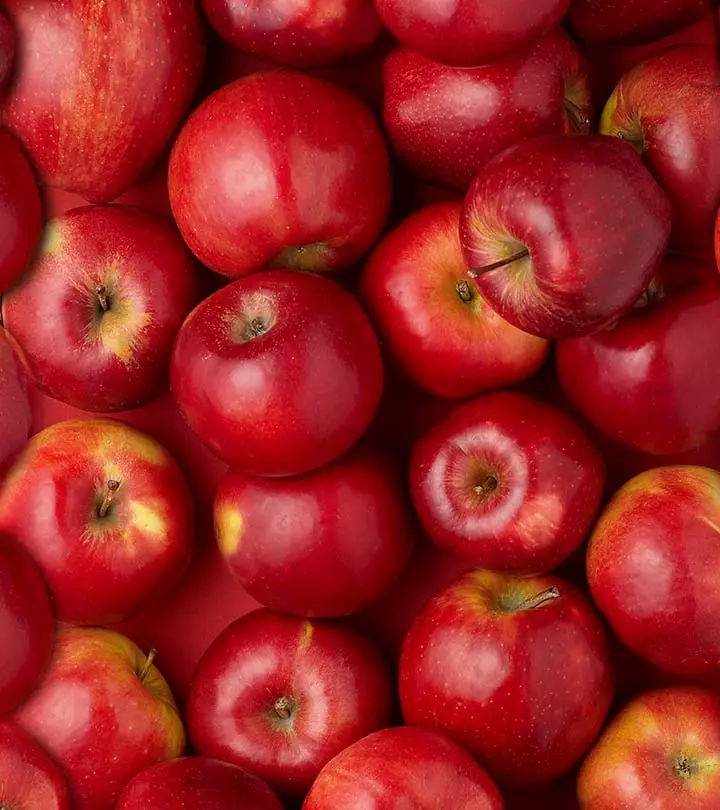
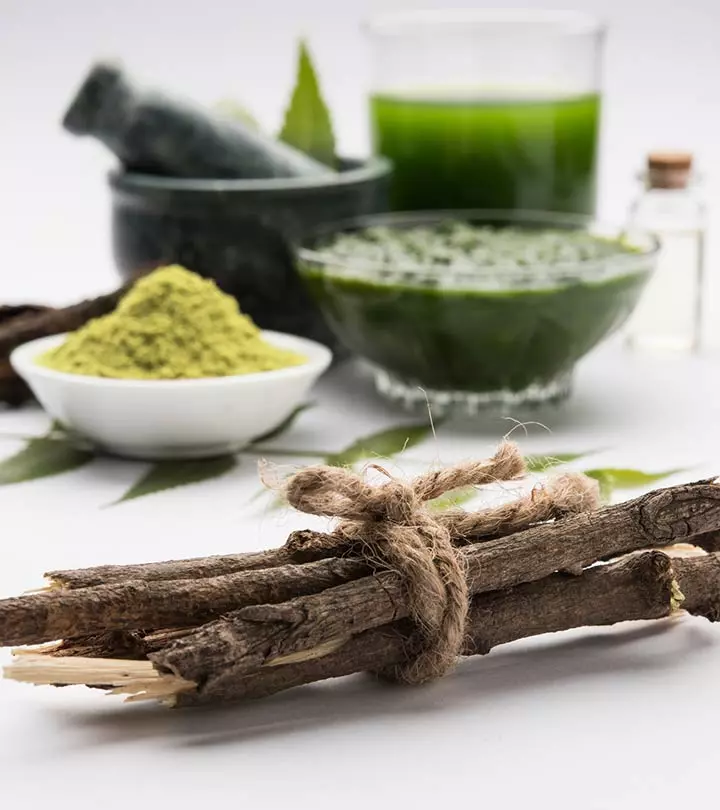
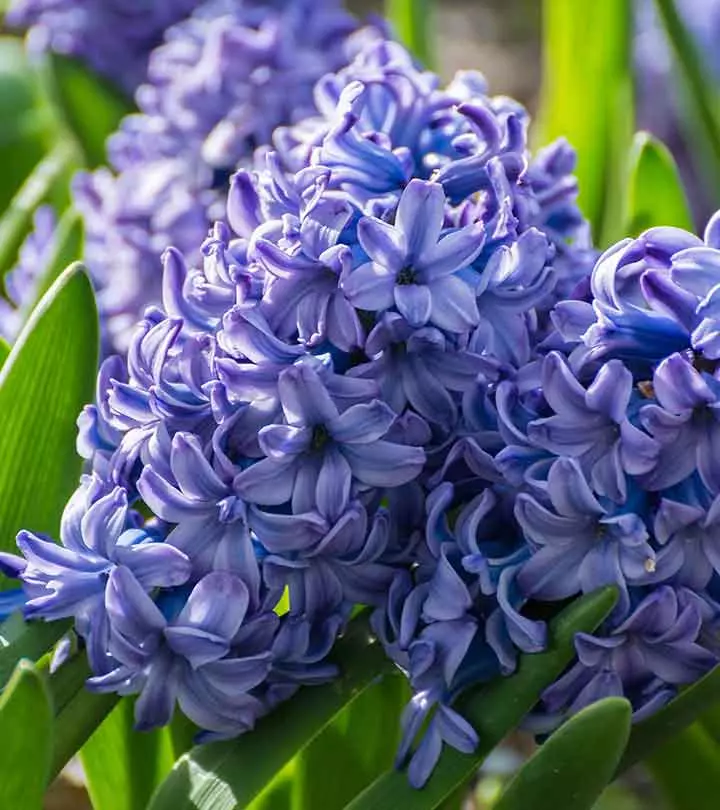
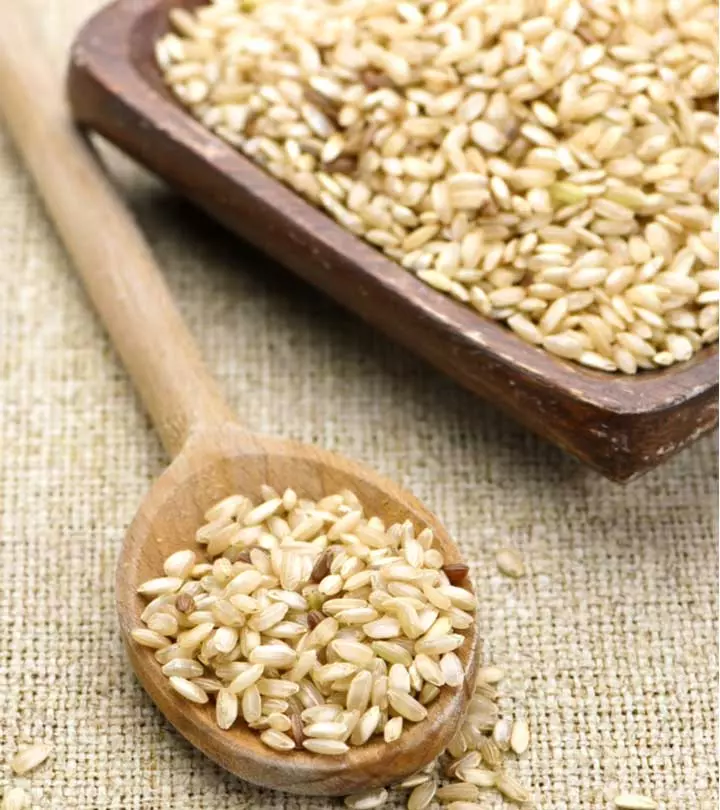

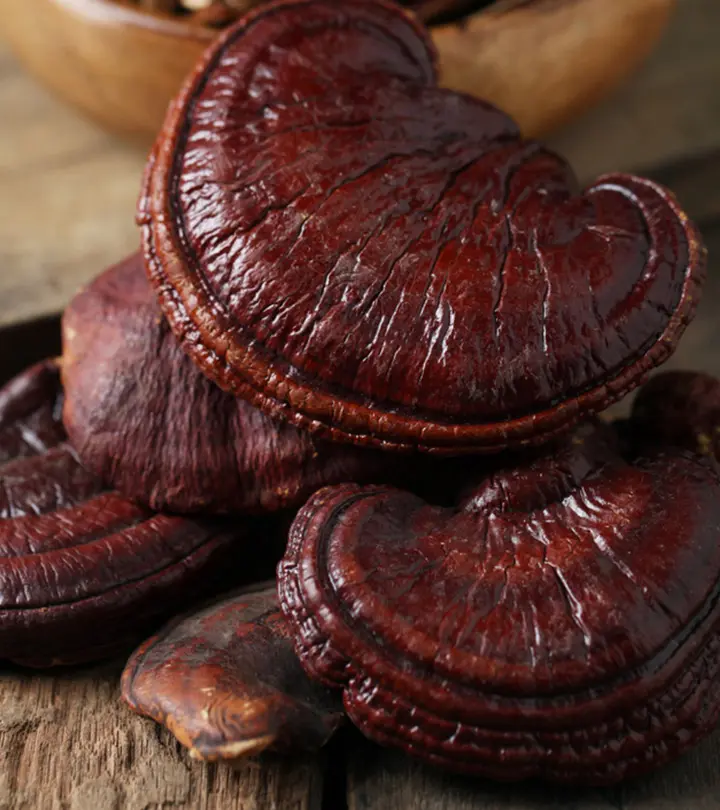
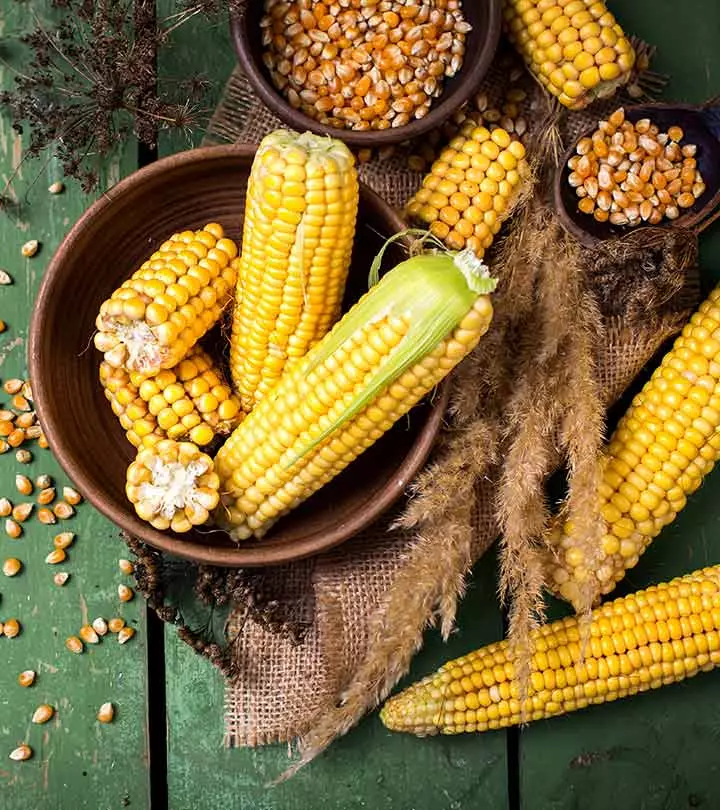
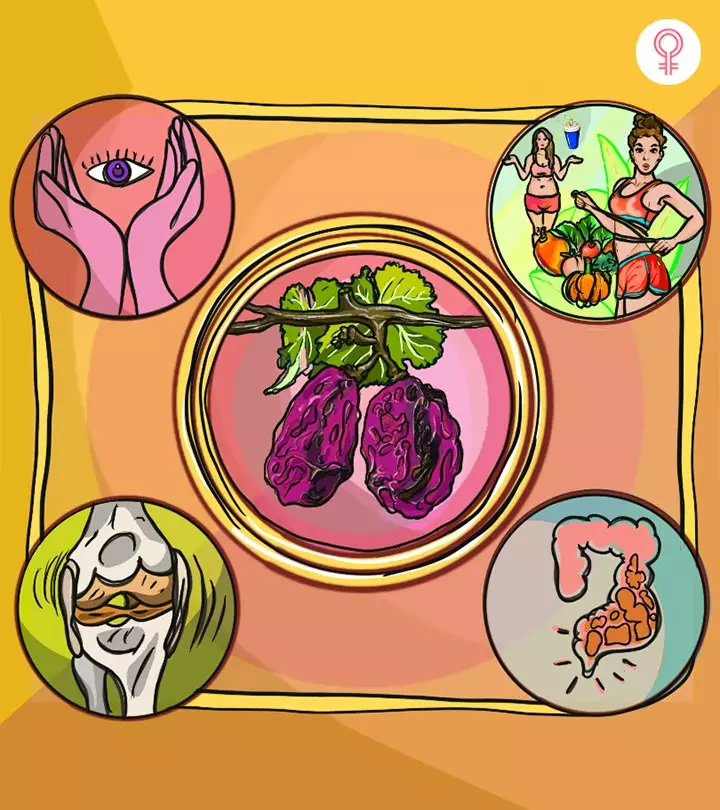
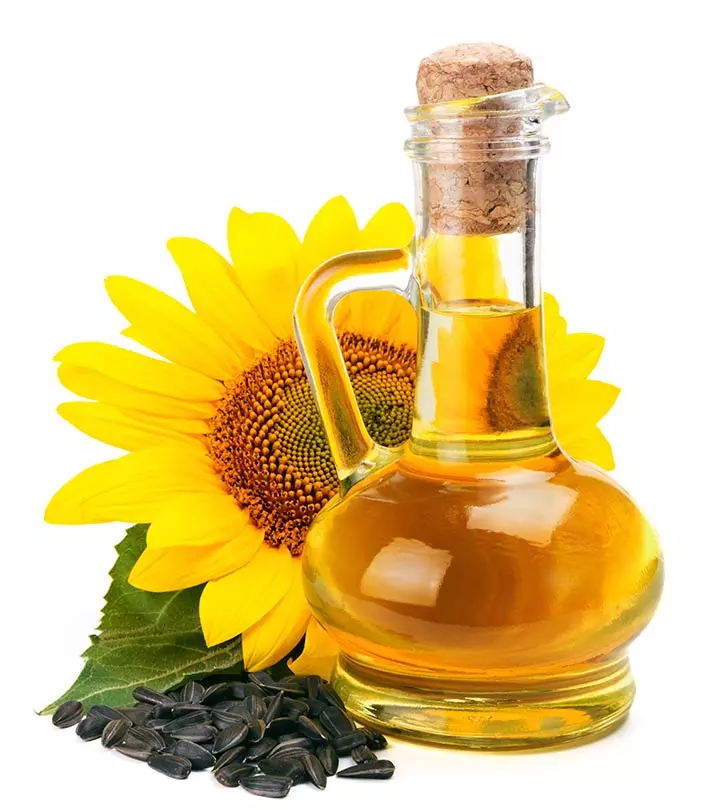
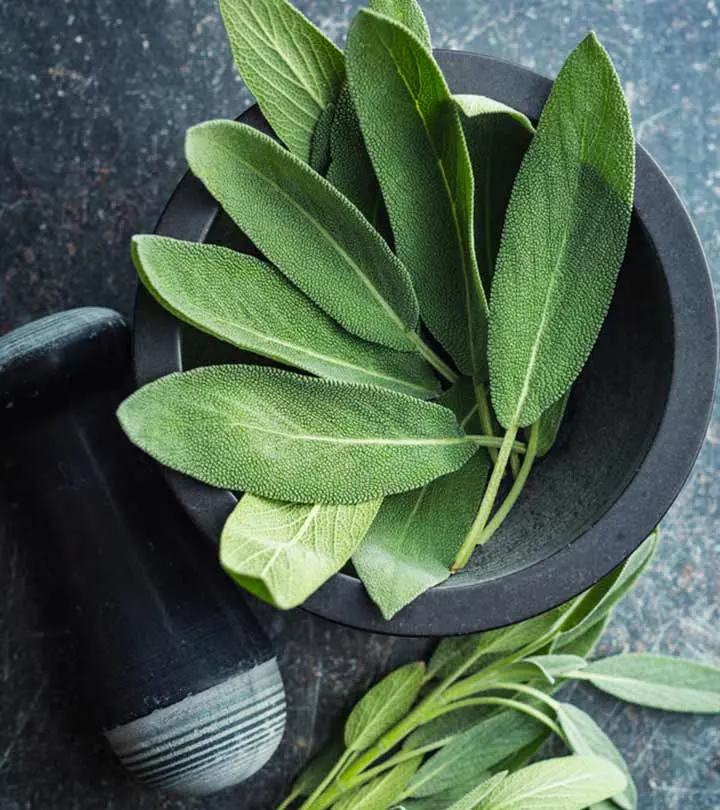
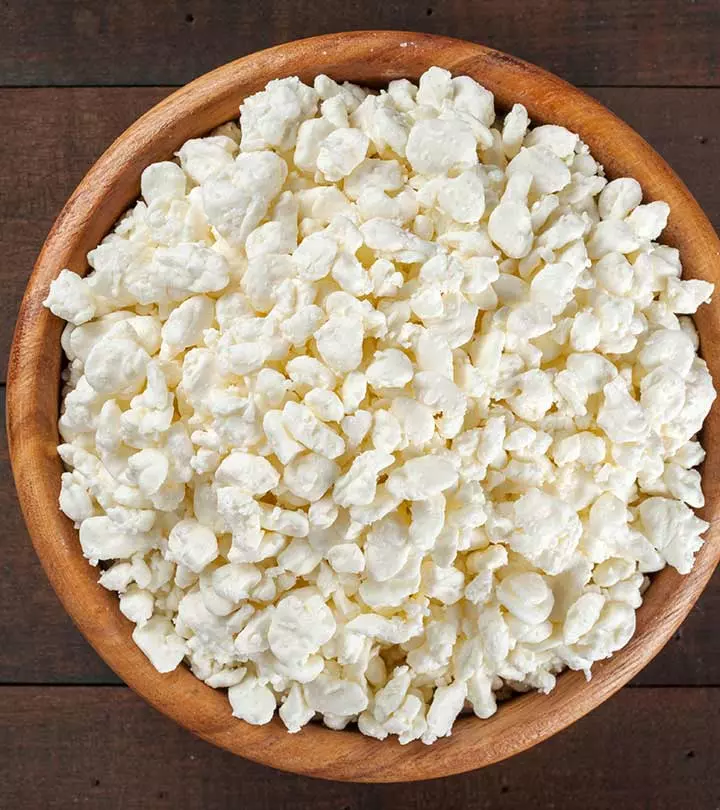
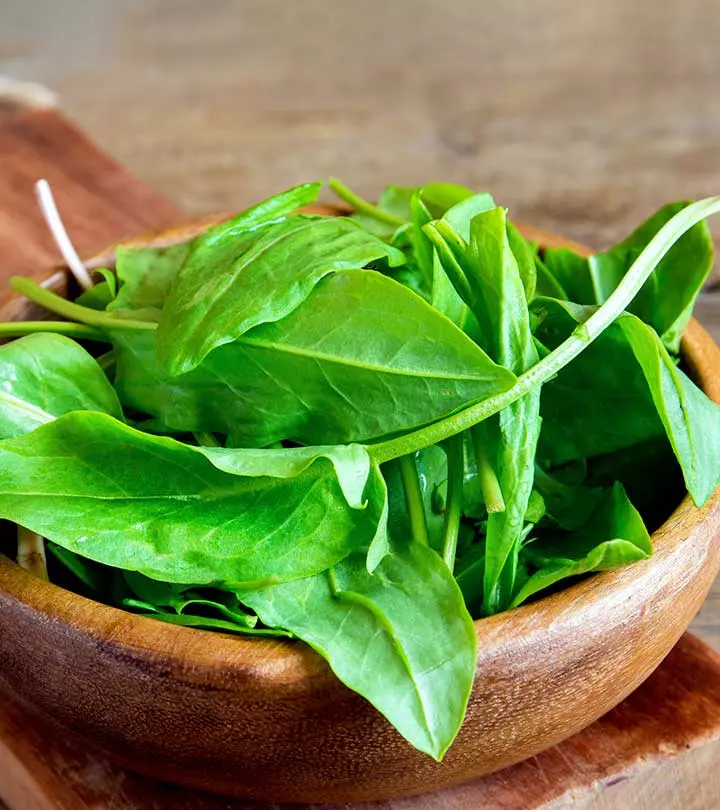
Community Experiences
Join the conversation and become a part of our empowering community! Share your stories, experiences, and insights to connect with other beauty, lifestyle, and health enthusiasts.